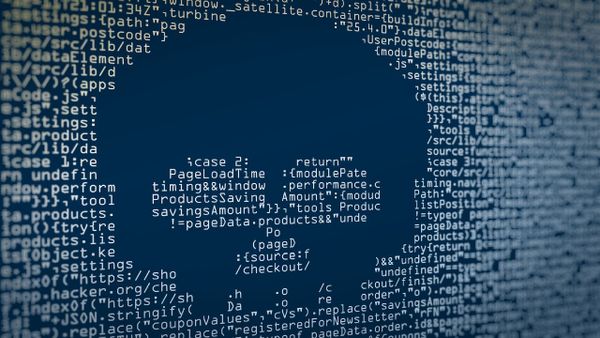Bitdefender Identifies Tens of Thousands of Phishing Emails Targeting South African Customers

Bitdefender identified a new phishing campaign directed at the Standard Bank of South Africa, with tens of thousands of malicious emails sent in April.
Phishing campaigns are a constant problem, but the COVID-19 pandemic gave bad actors a new pressure point. We”ve observed new phishing campaigns using the epidemic in the past couple of months but from different angles.
Sometimes, attackers promise information about potential cures or vaccines or ask for donations. The malicious emails were also laced with malware, and in some cases, using inflammatory messages related to the pandemic.
But the same type of messages can be used for more indirect attacks against companies or their customers. The latest campaign detected by Bitdefender was directed at the Standard Bank of South Africa customers, trying to trick people into sharing their banking credentials.
The email messages were crafted in such a way as to appeal to both regular customers and business owners, proposing different financial strategies to alleviate the economic impact of the pandemic.

“Absa Bank has announced a number of measures to help individuals and businesses hit by the coronavirus. This support could include deferring payments (or part thereof) for a suitable period, extending existing loan periods or extending additional credit to manage short term cashflow shortfalls.”
As usual, people are asked to check out the attachment and to make sure that they have Adobe Reader installed to view an attached PDF file. People are also directed to a fake login page, where they would have to enter their credentials.

“Standard Bank has announced a second wave of relief to help its customer base navigate financial commitments as Covid-19 continues to impact the livelihood of many individuals across the country.
- Please Download attached SBSA COVID-19 Financial Relief to receive your R15000.00 government issued financial relief
- Login to veiw transaction.
- Approve the amount of R15000.00 into your account.”
The number of spam and phishing COVID-19 related campaigns is ever increasing, as attackers try to take advantage of the inherent insecurity of the global situation. Most likely, this current phishing campaign is the work of a single operator.
It goes without saying that people should not be opening emails from unknown senders. Phishing campaigns will try to imitate banking institutions, health and state authorities, and other official sources.
Please keep in mind that banks or other financial institutions will never ask private information over emails or other online channels. If you don”t know if an email comes from an official source, you can always contact the real purported sender and verify if the email is real.
tags
Author
Silviu is a seasoned writer who followed the technology world for almost two decades, covering topics ranging from software to hardware and everything in between.
View all postsRight now Top posts
Outpacing Cyberthreats: Bitdefender Together with Scuderia Ferrari HP in 2025
March 12, 2025
Streamjacking Scams On YouTube Leverage CS2 Pro Player Championships to Defraud Gamers
February 20, 2025
How to Identify and Protect Yourself from Gaming Laptop Scams
February 11, 2025
Your Device ‘Fingerprint’ Will Go to Advertisers Starting February 2025
December 24, 2024
FOLLOW US ON SOCIAL MEDIA
You might also like
Bookmarks







